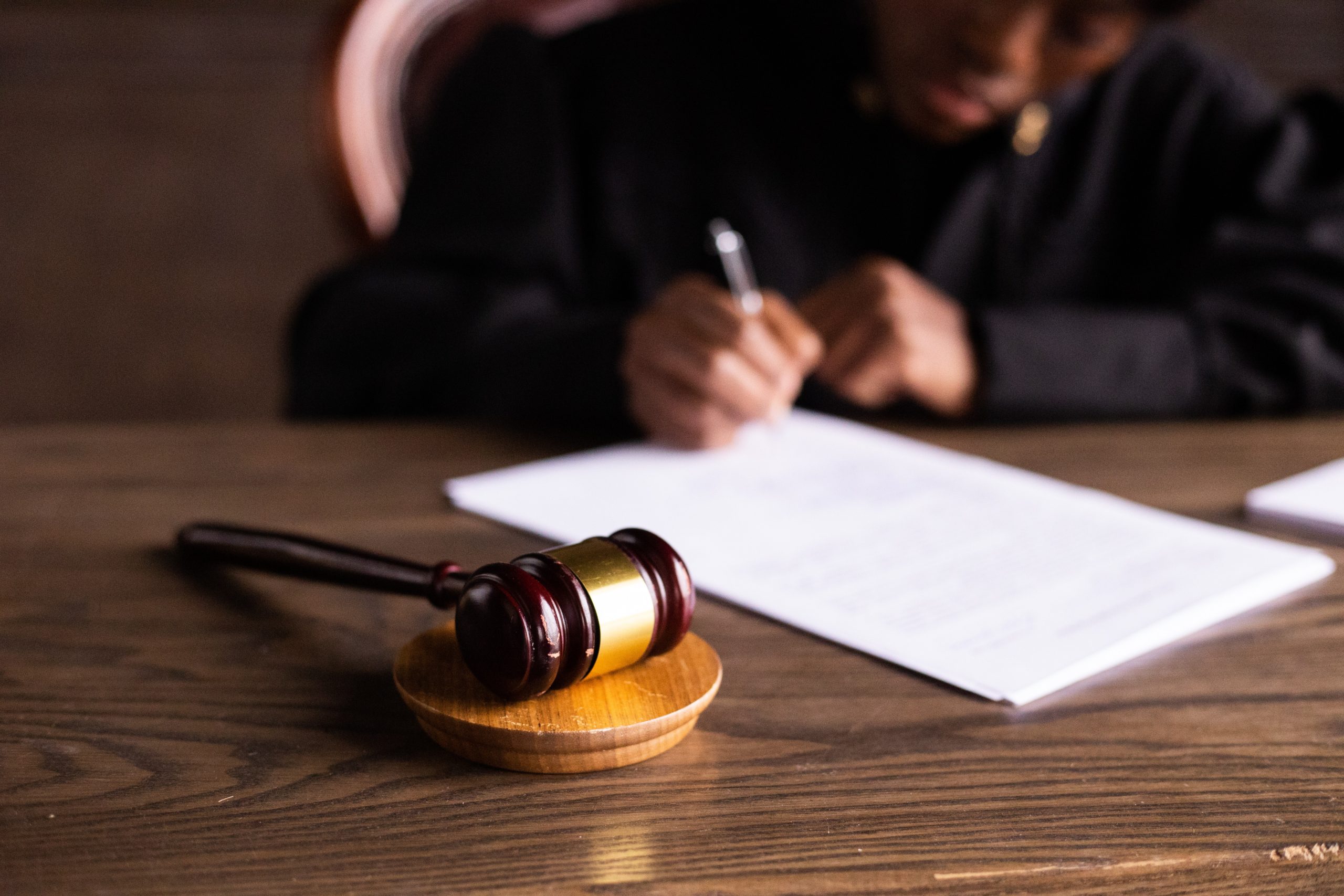What If My Case Goes to Trial?

Most of us hope to never have to file a lawsuit. Unfortunately, for those who have been injured in accidents caused by negligent or reckless individuals, filing a personal injury lawsuit is necessary. Although many of these cases settle out of court, a small percentage of them go to trial. It is crucial that you understand the process, so you are prepared if your case ends up having to be tried in court before a judge and a jury.
Preparing for Your Trial
One of the most important steps in preparing for your trial is gathering evidence to support your case. Evidence you may need includes:
- Physical evidence: Depending on the nature of your case, physical evidence could include items such as the clothing you wore at the time, images of damage to vehicles, documentation regarding injuries, including photos, evidence of permanent impairments, and other evidence.
- Photos: Photos can be an essential form of evidence for almost any case and, luckily, most cell phones today are equipped to take high quality images.
- Personal account: After being in an accident, it is important to write down the details of everything that happened before memories fade. These details could be helpful if you are later asked to testify at trial.
- Witness statements: If anyone witnessed your accident, their testimony will be a crucial piece of evidence in your trial.
Another step in trial preparation is conducting mock trials or focus groups, which can help gauge what a jury’s view may be, and which pieces of evidence are most effective.
Jury Selection
Jury selection is a delicate and complex process and, although attorneys can request that a juror be stricken, the judge has the authority to make the final decision. To choose jurors, voir dire, which is Latin for “to speak the truth,” will be used in the initial stage. Each party’s respective attorneys will ask potential jurors questions, aiding them in the selection process.
After each legal team completes voir dire, they can present their challenges. Challenge for cause allows attorneys to ask the judge to strike a particular juror for expressing bias.
Opening Statements
The opening statement in your trial is essentially the first impression you will make before a jury. Your story will be told, including an overview of your case, the defendant’s actions, how your injuries have impacted your life, and why the jury should care. A strong opening statement will have a lasting impact on the jury, ultimately impacting deliberations.
Cross-Examination
The purpose of cross-examination in a personal injury trial is to challenge the credibility of a witness’s testimony.
These are some key techniques your lawyer may employ:
- Primarily ask leading questions
- Ask questions you know the answers to
- Only one new fact should be gleaned from each question
- Ask questions that reveal prejudice or bias
Closing Arguments and Jury Deliberation
Just as the opening statement is your attorney’s first opportunity to tell your story to the jury, the closing argument is their last chance to persuade them to rule in your favor. Your attorney should summarize the evidence in your case and explain why you should be awarded monetary damages.
Once closing arguments are over, the jury will deliberate. During this time, they will decide if they should rule in your favor and, if so, how much you should be awarded.
Schedule a Consultation
The Los Angeles personal injury lawyer at The Law Firm of Joseph H. Low IV could help you navigate your lawsuit and represent you in court if your case goes to trial. Call us today at (562) 901-0840 and toll-free (888) 454-5569 for a consultation.